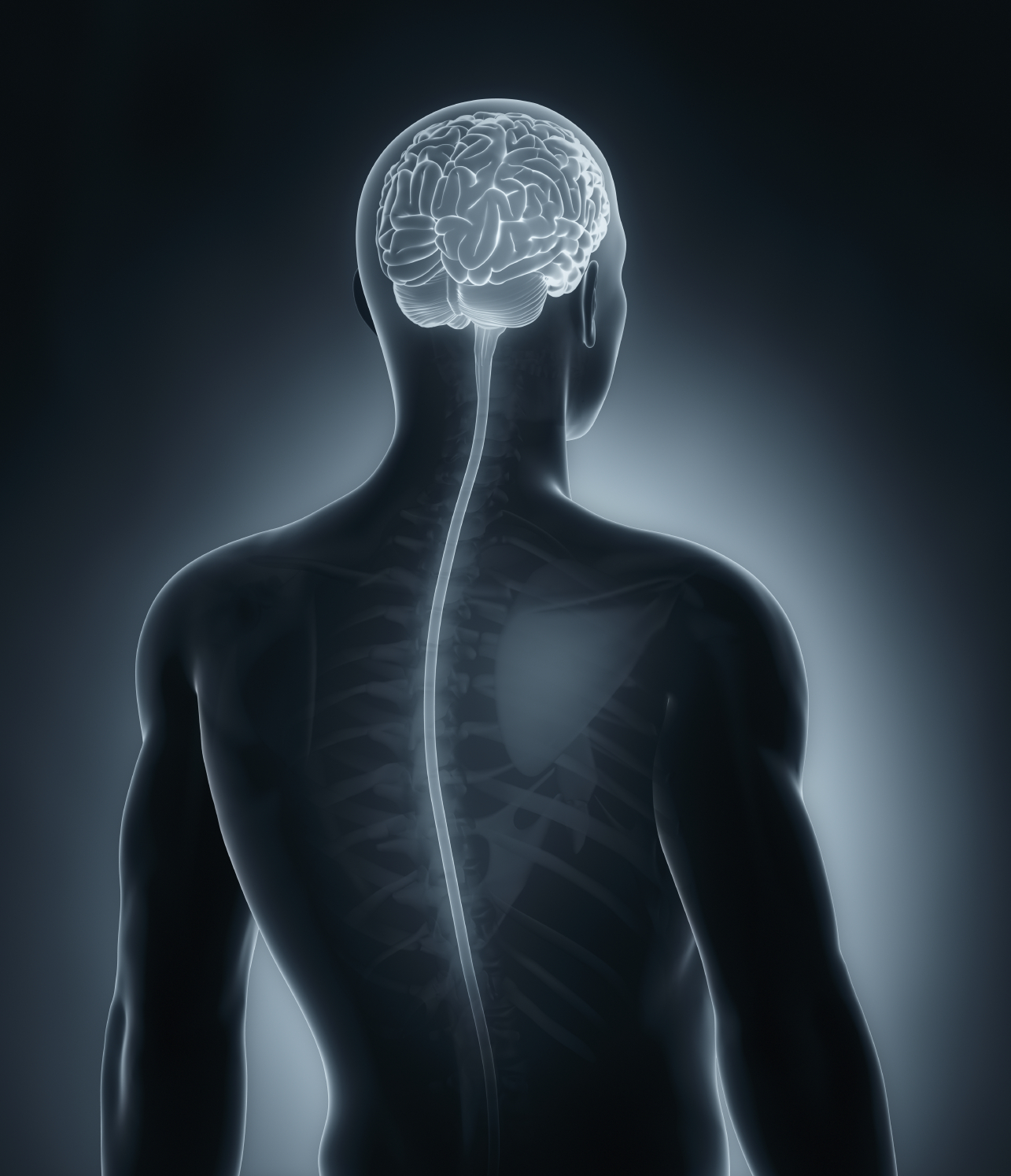Author: medweb
-

Understanding How Calcium Channels Open and Close
Northwestern Medicine scientists identified the process by which a calcium channel called the CRAC channel opens and closes, and how mutations in the channel structures that control its opening cause disease.
-

Evaluating a Therapy for Rare Midgut Tumors
In recent Northwestern Medicine clinical trials, an experimental drug improved survival rates for patients with advanced midgut neuroendocrine tumors compared to a standard therapy.
-

Insights Into Key Molecular Process Underlying Many Cancers
A paper published in Molecular Cell provides new insight into a protein complex called COMPASS and its function during histone methylation, a key modification that regulates gene expression.
-

Residents and Fellows Participate in Wellness Activities
Northwestern housestaff took part in the first McGaw Resident and Fellow Wellness Week, aimed at addressing burnout and providing strategies to improve wellness.
-

Uncovering Metabolism’s Clockwork
Joseph Bass, MD, PhD, chief of Endocrinology, Metabolism and Molecular Medicine, focuses his research on illuminating how the body’s clocks regulate feeding behavior and glucose metabolism, and identifies how disruptions in that overarching circadian system play a role in metabolic disease.
-

Medical Students and Physicians Volunteer Skills at Devon Clinic
Every Sunday, volunteer medical students and attending physicians provide primary care services at the Devon Clinic, a free health clinic that serves a predominantly uninsured, South Asian population.
-

Overexpression of Protein Improves Cardiac Efficiency
Northwestern Medicine scientists showed how the overexpression of the protein SNRK in cardiac tissue improves cardiac metabolism and is protective against ischemic conditions.
-

Showcasing Integrative Medicine at Inaugural Osher Research Day
Northwestern Medicine scientists presented recent research findings in the field of integrative medicine at the first annual Osher Center Research Day.
-

Investigating a Novel Pathology for ALS
A new review, published in Nature Reviews Neurology, outlines how upper motor neuron degeneration is an important feature in ALS pathology, and could be key to developing better diagnostic tools and treatments for ALS.
-

Medical Student Investigates Cervical Cancer Surgery Survival
A surgical procedure called a pelvic exenteration may be curative for more than half of women with a form of advanced cervical cancer who have failed other treatments.






